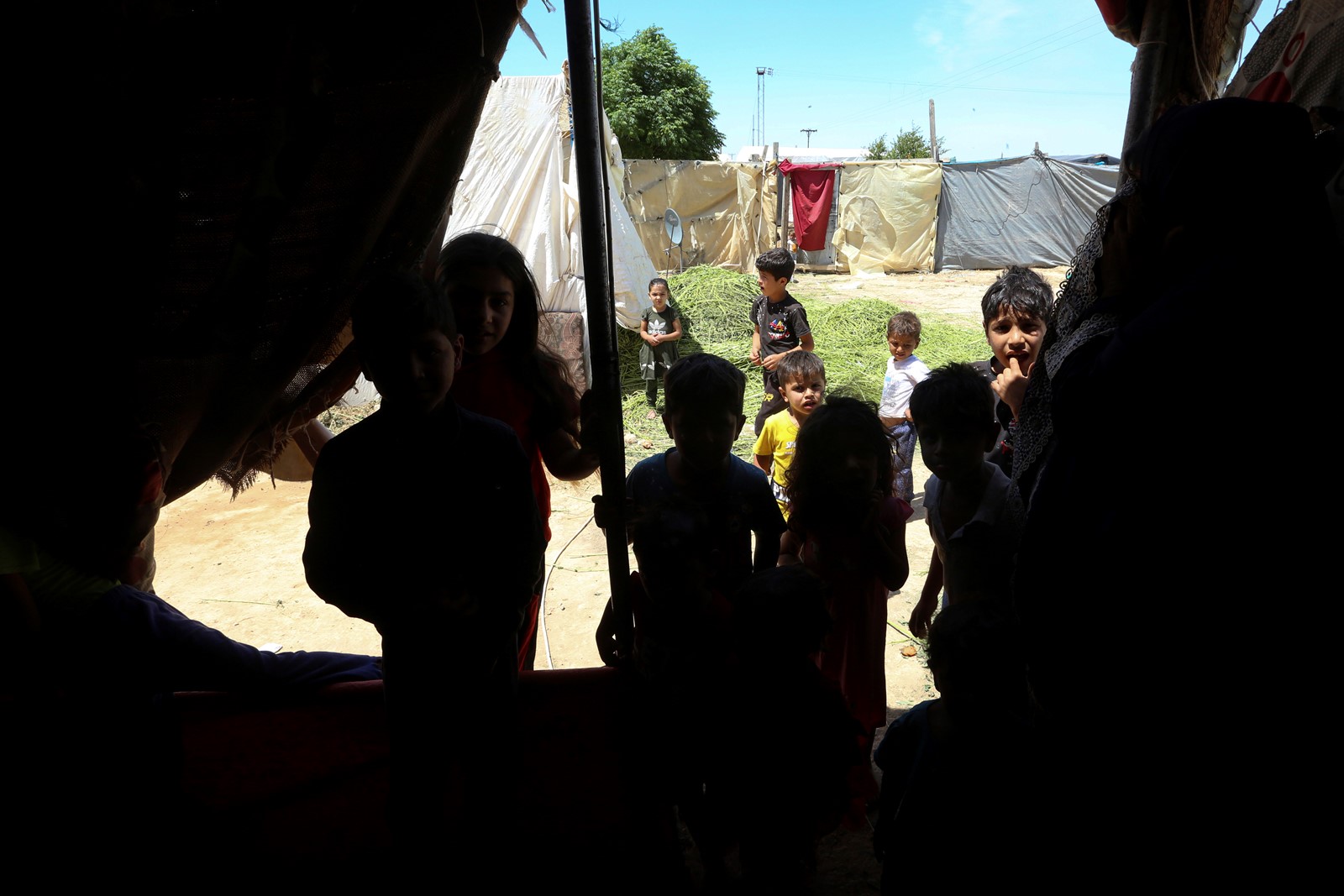
AMMAN, Jordan >> As Jordan hosted regional talks this spring aimed at ending Syria’s isolation after more than a decade of civil war, Syrian refugee Suzanne Dabdoob felt a deep pressure in her brain and in her ears, she said, a fear she hadn’t felt since arriving to Jordan 10 years ago.
Ahead of the meeting, Syrian President Bashar Assad agreed that 1,000 Syrian refugees living in Jordan would be allowed to safely return home — a test case for the repatriation of far greater numbers. Jordan’s top diplomat spoke only of voluntary returns. But panic spread through working-class east Amman, where Dabdoob and many other Syrians have built new lives in multistory, cement-block buildings.
“I would rather die right here than go back to Syria,” said Dabdoob, 37, whose home was razed by airstrikes in the Syrian city of Homs.
She fled to Amman with her five children, her accountant husband, who dodged military service, and her sister, who she said is wanted for abandoning her civil service job.
“We are scared that, even indirectly, the Jordanian government will pressure us to leave,” she said.
As Middle East countries strained by vast numbers of refugees restore relations with Assad, many Syrians who fled are now terrified by the prospect of returning to a country shattered by war and controlled by the same authoritarian leader who brutally crushed the 2011 rebellion.
Even as public hostility and economic misery in neighboring countries has squeezed Syrian refugees, few are clamoring to return. The number of registered Syrian refugees in Jordan, Turkey and Lebanon has remained roughly the same for the last seven years, according to U.N. figures.
Hoping to speed up their exodus, Lebanon and Turkey have deported hundreds of Syrians since April in what rights groups consider a violation of international law.
Now Jordan, a close American ally generally praised for its acceptance of millions of Palestinian, Iraqi and Syrian refugees, is also changing.
The “Jordan Initiative” unveiled in May to encourage cooperation with Assad on refugee returns and illicit drug trafficking capped the country’s painful transformation, advocates say, from one of the world’s most accommodating hosts to one of its biggest proponents for sending refugees home.
“Jordan long has said that refugees are welcome. But now the official rhetoric has moved toward supporting their return,” said Adam Coogle, deputy director of the Middle East and North Africa division at Human Rights Watch. “It’s a cause for significant concern.”
Human rights groups say it’s still too unsafe for refugees to return to Syria given the risks of arbitrary detention, disappearance and extrajudicial killings there. Even the most fortunate returnees encounter bread lines, a currency collapse and electricity shortages after a dozen years of a conflict that has killed nearly half a million people and displaced half of its pre-war population of 23 million.
“My family tells me there is no more war, sure, but there is also nothing left,” said Mohammed, a 34-year-old carpenter who fled Syria in 2013 and opened a hand-carved wooden furniture shop in Amman identical to his father’s workshop in Damascus.
Giving only his first name for security reasons, Mohammed said he hoped never to return, citing stories of Syrian security forces arresting returnees to squeeze thousands of dollars in bribes out of their families. His two daughters, 4 and 10, know no other home.
“Here, I know what it’s like to live with dignity,” he said.


 PREVIOUS ARTICLE
PREVIOUS ARTICLE
